Doing more with less: Improving flow cytometry staining
 Monday, November 14, 2022 at 10:41PM
Monday, November 14, 2022 at 10:41PM 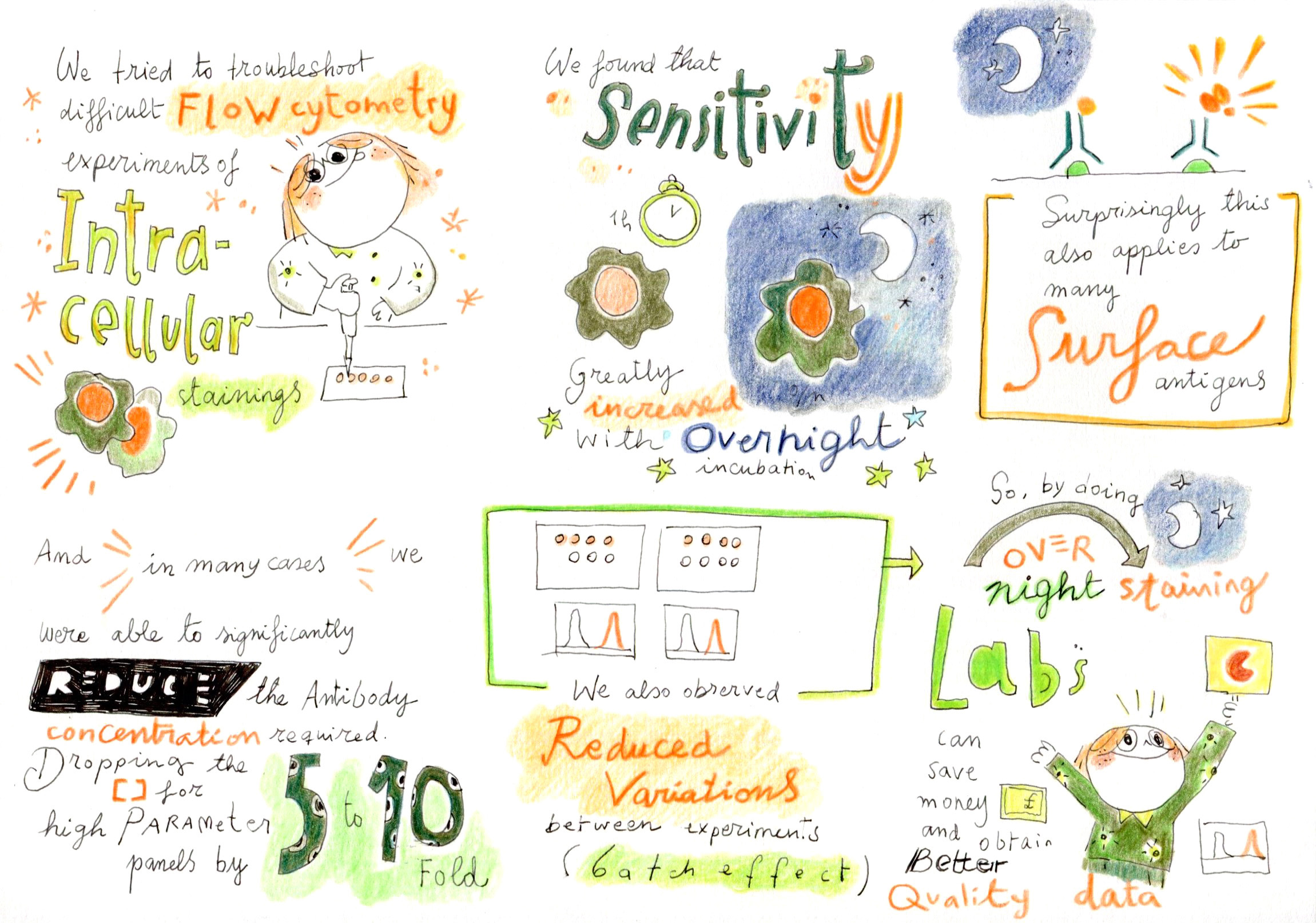
 Adrian Liston
Adrian Liston
We have had multiple requests for a detailed staining protocol, so here it is!
 Liston lab,
Liston lab,  immunology
immunology Virus Fighter
Build a virus or fight a pandemic!
Maya's Marvellous Medicine
Battle Robots of the Blood

Just for Kids! All about Coronavirus
 Monday, November 14, 2022 at 10:41PM
Monday, November 14, 2022 at 10:41PM 
 Adrian Liston
Adrian Liston
We have had multiple requests for a detailed staining protocol, so here it is!
 Liston lab,
Liston lab,  immunology
immunology  Wednesday, November 9, 2022 at 11:56AM
Wednesday, November 9, 2022 at 11:56AM 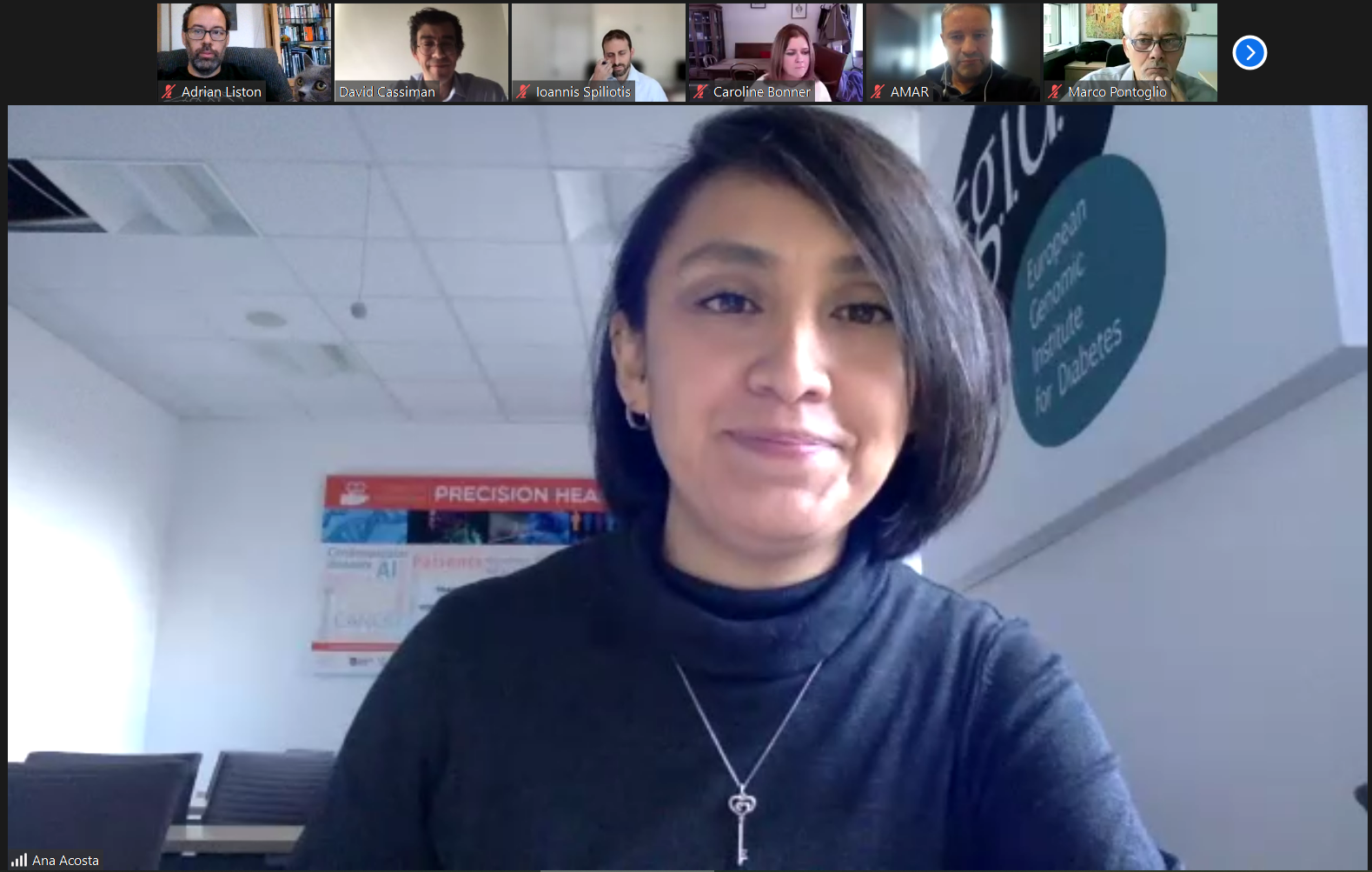
 Liston lab,
Liston lab,  diabetes,
diabetes,  women in science
women in science  Thursday, October 27, 2022 at 5:17PM
Thursday, October 27, 2022 at 5:17PM 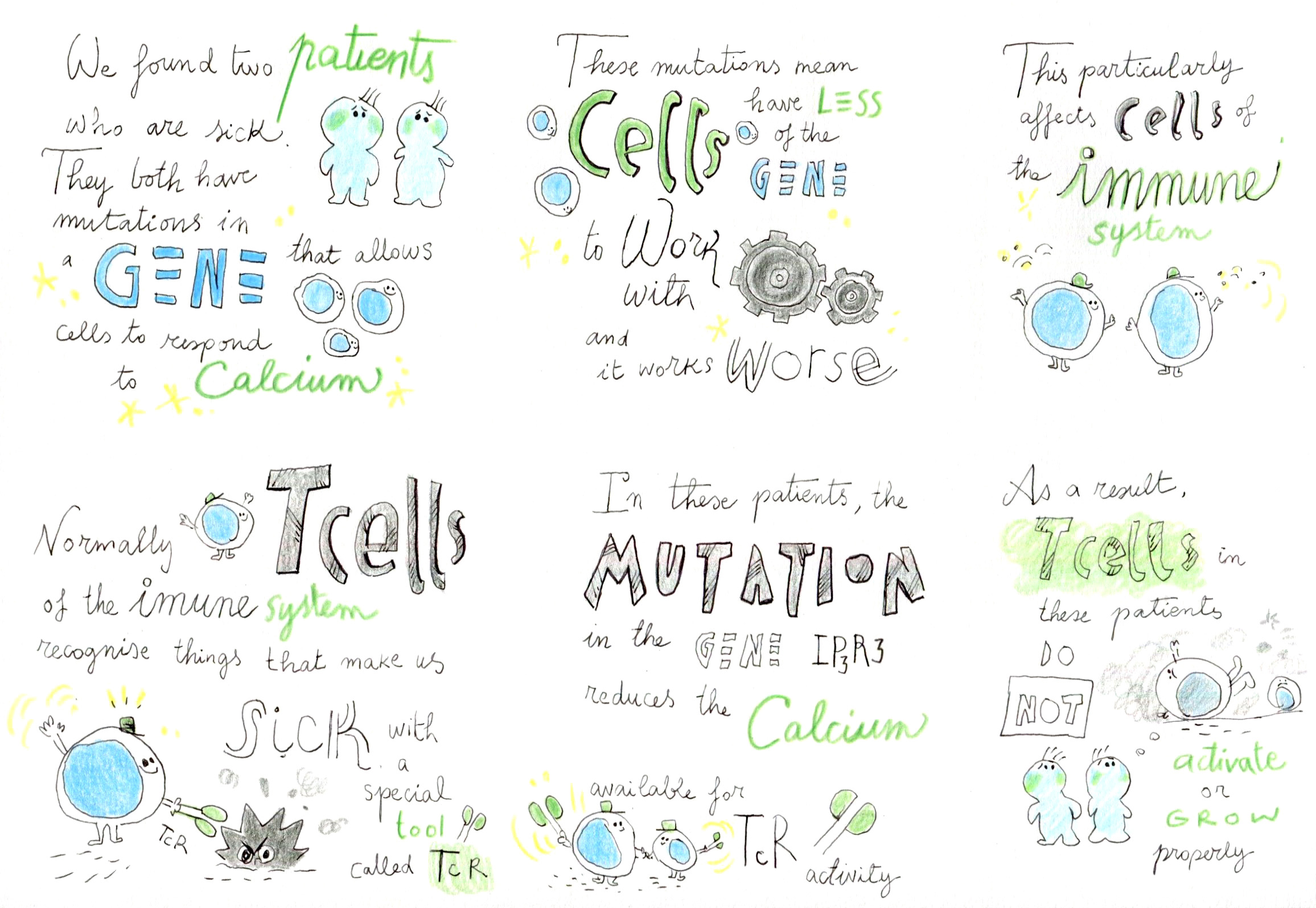
 Liston lab,
Liston lab,  Medicine,
Medicine,  immunology
immunology  Sunday, October 16, 2022 at 3:17PM
Sunday, October 16, 2022 at 3:17PM Exciting new paper out from the lab on using gene delivery to protect against diabetes. The work is based on the "fragile beta cell" hypothesis, which postulates that some individuals are prone to diabetes because their beta cells are more prone to fail during stress situations. We previously demonstrated that the Glis3-Manf axis was central to dictacting how robust or fragile beta cells were, during stresses either immunological (type 1 diabetes) or metabolic (type 2 diabetes) in origin. Based on this data, we designed a gene delivery system, which essentially tricks beta cells into making more Manf and becomes robust in the face of stress. NOD mice, treated with this gene delivery of Manf, become resistant to diabetes. As the gene delivery system we use harnesses the endogenous insulin promoter (specific to beta cells, and upregulated during cellular stress), we can use low doses of the gene delivery system delivered intravenously, without altering the rest of the body. This gives the system a high potential for clinical translation. Read the full paper here, or check out our illustrated abstract below.
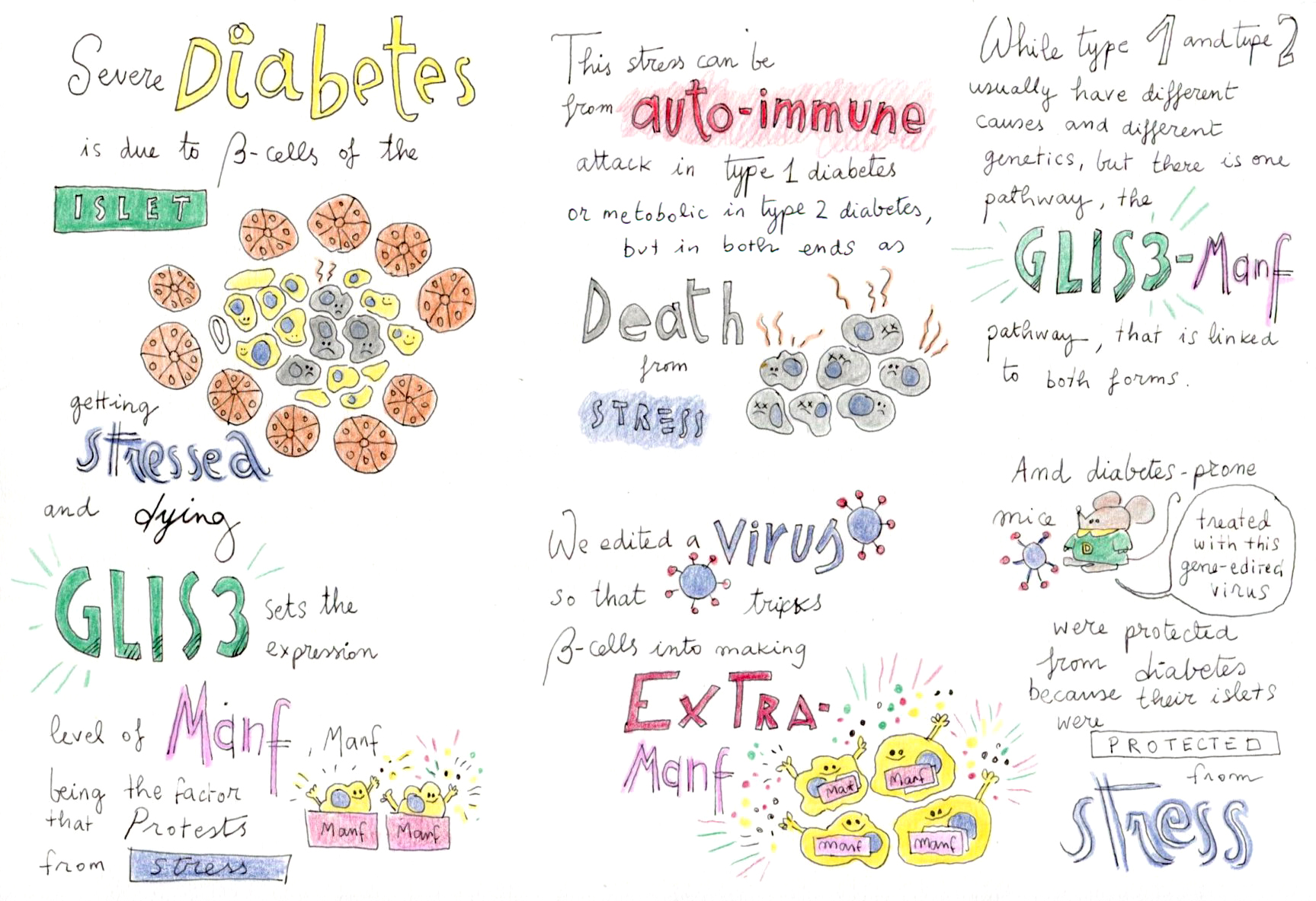
 Liston lab,
Liston lab,  diabetes
diabetes  Friday, September 30, 2022 at 7:57AM
Friday, September 30, 2022 at 7:57AM  science careers
science careers  Tuesday, July 19, 2022 at 7:57PM
Tuesday, July 19, 2022 at 7:57PM 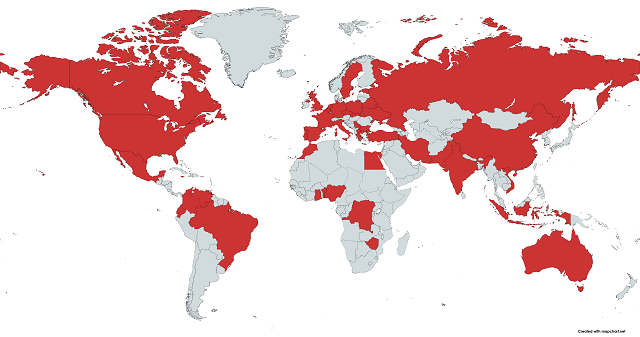
Scientists have come from 45 countries across 6 continents to work together in our lab!
 Liston lab
Liston lab  Wednesday, June 15, 2022 at 9:23PM
Wednesday, June 15, 2022 at 9:23PM Listen to a great episode of The Immunology Podcast to hear a section on our recent paper about brain Tregs.